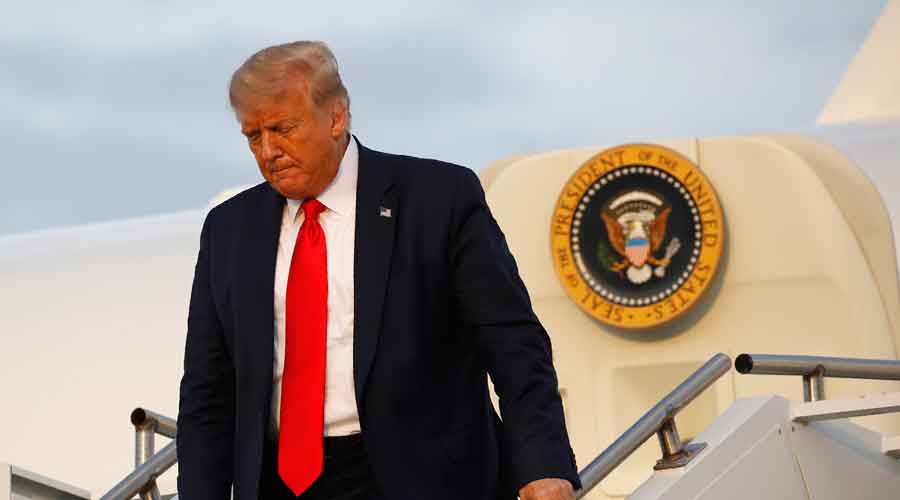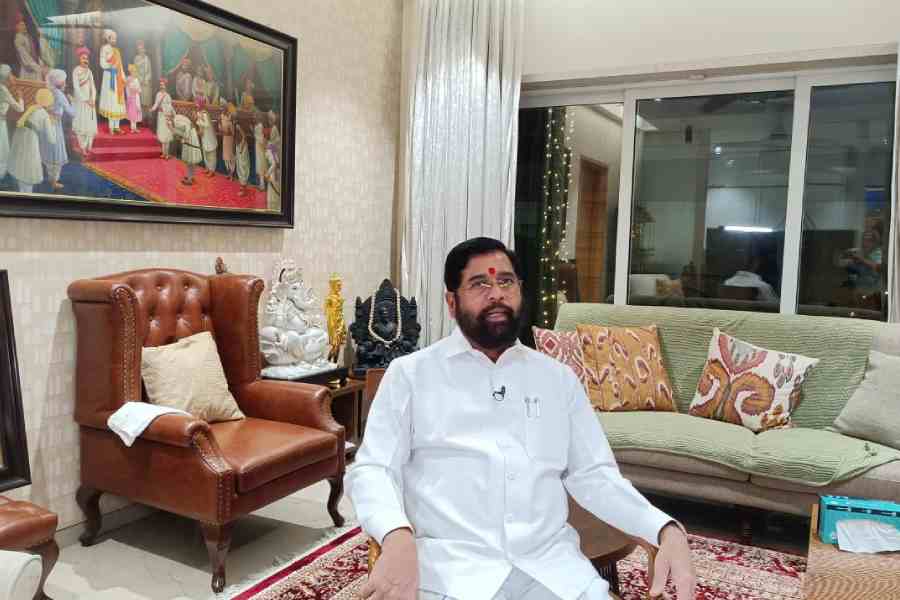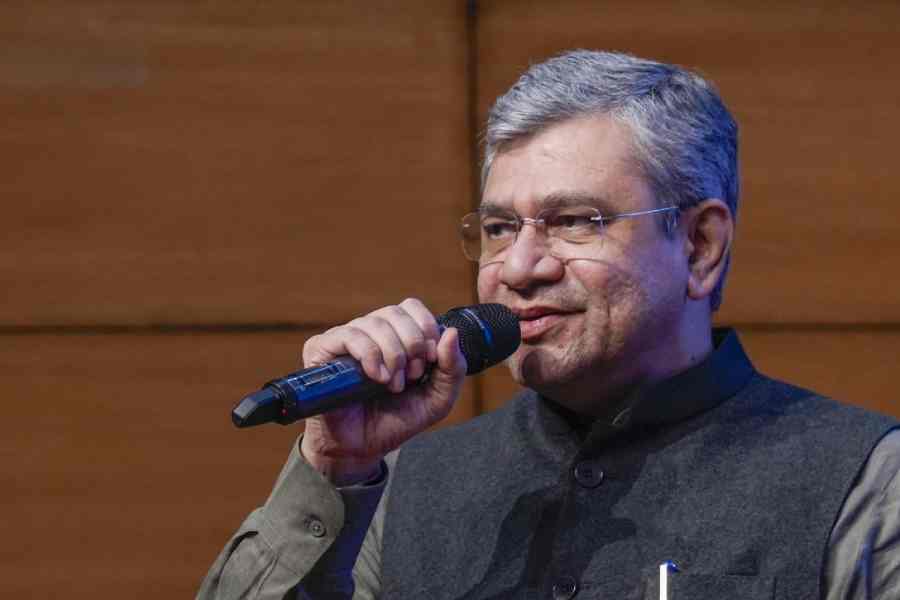Regrets, he’s had a few.
President Donald Trump acknowledged in an interview released on Friday that he’s “often” had regrets about his tweets.
“Too often,” he added.
Trump, in an interview with Barstool Sports, said it’s not like the old days when people wrote a letter and let it sit for a day before sending it, giving them time to reconsider.
“But we don’t do that with Twitter, right?” Trump said. “We put it out instantaneously, we feel great, and then you start getting phone calls, ‘Did you really say this?’” Trump said that more often than not, “it’s the retweets that get you in trouble”.
He added, “You see something that looks good and you don’t investigate.” Among other things, Trump has been criticised in recent months for retweeting posts with “white power” and anti-Semitic messages as well one that included a “FireFauci” hashtag, referring to Dr Anthony Fauci, US’s top infectious disease expert.
Lowering drug prices
Trump on Friday signed four executive orders aiming at lowering prices that Americans pay for prescription drugs as he faces an uphill re-election battle and criticism over his handling of the coronavirus pandemic.
One order would allow for the legal importation of cheaper prescription drugs from countries like Canada, while another would require discounts from drug companies now captured by middlemen to be passed on to patients, Trump said.
Another measure seeks to lower insulin costs while a fourth, which might not need to be implemented if talks with drug companies are successful, would require Medicare to purchase drugs at the same price that other countries pay, Trump said.
Executives of top drug companies have requested a meeting to discuss how they can lower drug prices, the President added.
“We are putting patients over lobbyists, senior citizens before special interests, and we’re putting America first," Trump said before signing the documents. Trump, under fire for surging coronavirus cases in the US and beset by decreasing poll numbers ahead of November 3 elections, had previously asked Congress to rein in drug costs.











